‘Musician’ is how I described myself to the nice Latvian lady interviewing me the other week for an ONS survey connected with the coronavirus, but that didn’t tell the government much. In economic terms, our profession embraces everyone from Sir Paul McCartney to the struggling garage band that may or may not be allowed back into your newly reopened pub. In terms of what we do, we divide into three overlapping categories — writers, administrators and performers, and our experience of pandemic and lockdown has been sharply different. I’m mainly a writer, and I guiltily admit that I have welcomed my first chance for years to work with minimal interruption on what I probably do best. Administrators — artist agents, venue managers, festival directors and so forth — have been looking into the abyss, and the promise of government support is lifesaving. My biggest concern, though, is for performers. Spare a thought for our quite extraordinarily skilled, resourceful and hardworking army of professional musicians — singers, instrumentalists and conductors alike. They are mostly freelance, paid by the gig, and have suddenly gone from diaries filled with concerts, recordings and international tours to… nothing. The general manager of one of our London orchestras told me that they had only enough money in reserve to pay a few key staff for two or three months, then what? Government support, however welcome, can only be a stopgap. I’m not actually terribly optimistic about the bailout for the performing arts, in that it hasn’t as far as I know yet addressed the issue of audiences drastically reduced in size to comply with social distancing. Giving performances in front of a less than half-full theatre or concert hall is a road to financial ruin. We have long enjoyed a rich and vibrant musical scene in Britain. Can it ever return as we knew it before?
‘Resourceful’ is indeed the word for musicians; we have to be. Driven by recent circumstances, the director of a noted baroque chamber group has set up as an organic flour miller. Another colleague of mine, secure (as she thought) in a long-running West End musical, has rekindled old skills as an upholsterer. She’s about to work on my sofa. One of our leading organists has turned to website design, a skill he always has kept as a ‘just in case’ sideline, and a conductor friend has started a home-baked-treats-by-post business with his wife. If I need to retrain, I rather fancy plumbing. Despite all advances in technology, we will always generate human waste, so I would never be out of work.
Kingsley Amis described choral singing as ‘the most fun you can have with your clothes on’, but we aren’t allowed to do it. Depending which science you follow, it’s either perfectly safe or unusually deadly. All about aerosols rather than droplets, it seems. If any member of government has read this far, please give us clear guidance. Some two million people in the UK engage in choral singing, and they are desperately missing this pillar of our national life. Our cathedral and church choirs have fallen silent, which may mean little to politicians, but it means a great deal to many others. Find a way of getting them back, and in the meantime, of giving their young choristers regular online training — which means bringing back cathedral organists from furlough right now.
No, I haven’t taken advantage of the lockdown to read Paradise Lost or the whole of Proust in the original, and I haven’t learned three new languages. However I have had quite a bit of practice at delivering positive messages of support requested by various musical organisations around the world while seated at the piano with a camera and lights pointing at me. My audio editing skills are broadening, too, as I work in my studio piecing together some new recordings made, one voice at a time, by a small group of my singer colleagues. The idea is that they can be used to teach amateur choral singers their parts when they want to make virtual choir recordings, a novel art form whereby the members of a choir, in their own homes, literally phone in their own voice-part of a chosen choral piece which is then mixed together with everyone else’s to make a complete whole. If it’s a church choir, it can be used in a virtual service; if it’s a choral society, it can be posted on their website to keep everyone’s spirits up. Oddly, the lockdown activity that has attracted the most attention online from pictures posted by my family has nothing to do with all this. I have befriended some swans in the river behind our house, and I am teaching them to sing. No success to report.
Got something to add? Join the discussion and comment below.
Get 10 issues for just $10
Subscribe to The Spectator Australia today for the next 10 magazine issues, plus full online access, for just $10.
John Rutter is an English composer, conductor and record producer.
You might disagree with half of it, but you’ll enjoy reading all of it. Try your first month for free, then just $2 a week for the remainder of your first year.

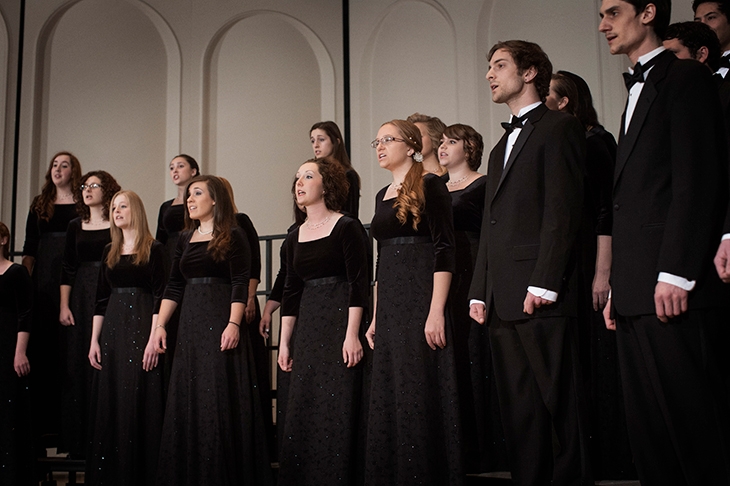
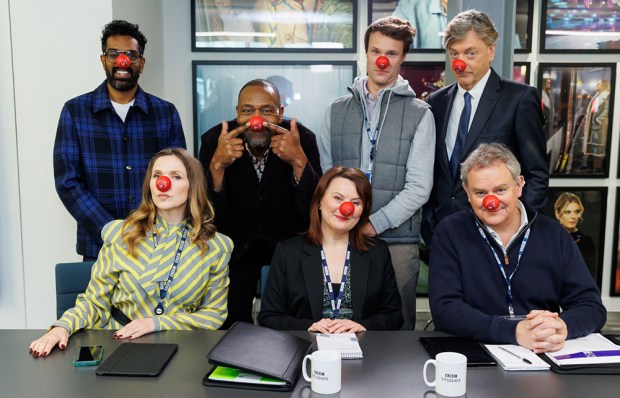

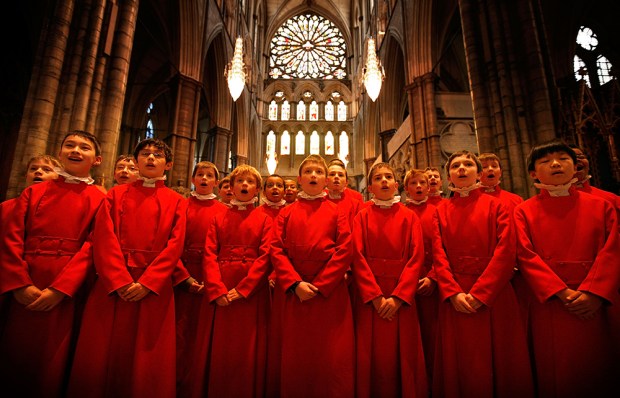
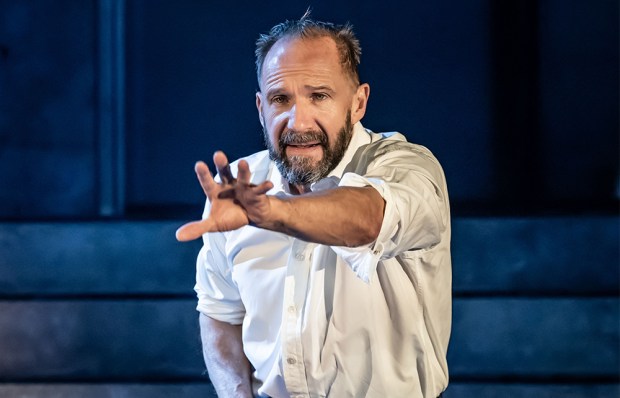
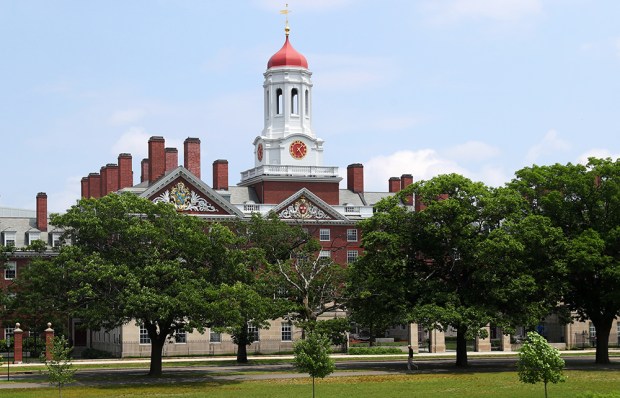







Comments
Don't miss out
Join the conversation with other Spectator Australia readers. Subscribe to leave a comment.
SUBSCRIBEAlready a subscriber? Log in